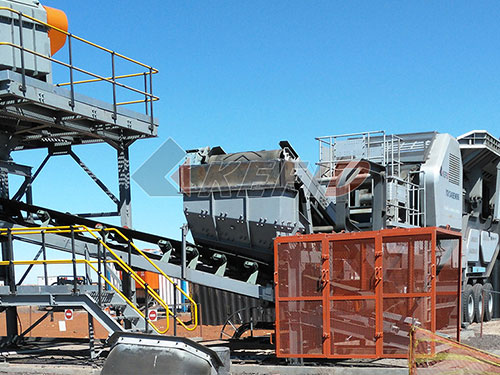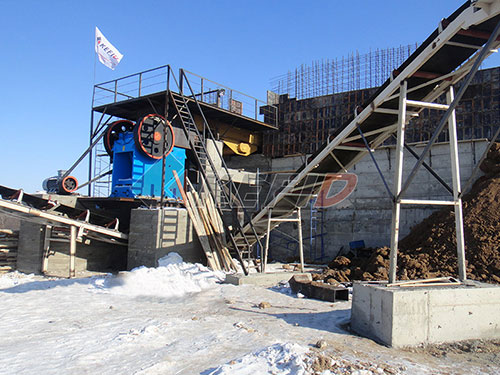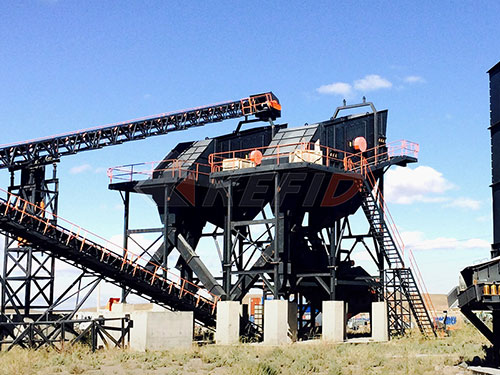The Bedrock of Governance: Duties and Responsibilities of the Board of Directors in a Stone Crushing Company
The stone crushing industry forms the literal foundation of modern infrastructure. From aggregates for concrete and asphalt to railway ballast and erosion control, crushed stone is indispensable. Operating within this sector involves significant complexities: substantial capital investment in heavy machinery (crushers, screens, conveyors), intricate logistics for raw material sourcing (quarrying) and finished product distribution, stringent environmental regulations concerning dust, noise, water usage, and site rehabilitation, inherent occupational health and safety hazards, volatile market dynamics tied to construction cycles, and intense competition. Navigating this demanding landscape requires robust leadership at the very top – the Board of Directors (BoD). Far from being a ceremonial body, the BoD is the cornerstone of effective governance, strategic direction, and long-term sustainability for a stone crushing enterprise.
I. The Foundational Role: Setting Purpose & Ensuring Viability

1. Defining Vision, Mission & Core Values: The BoD’s primary duty is to establish or approve the company’s fundamental reason for existence.
Vision: Articulating a compelling long-term aspiration (e.g., “To be the region’s most efficient and environmentally responsible supplier of high-quality construction aggregates”).
Mission: Defining the company’s core business focus and target market (e.g., “To provide reliable, cost-effective crushed stone products to infrastructure developers and construction firms while prioritizing safety and environmental stewardship”).
Core Values: Embedding guiding principles into the corporate culture (e.g., Safety First, Environmental Responsibility Operational Excellence Integrity Customer Focus). These values must permeate all levels of operation.
2. Ensuring Long-Term Solvency & Viability: The BoD has an overarching fiduciary duty to ensure the company remains solvent and financially viable over the long term. This involves:
Approving major capital expenditures (new plants equipment upgrades acquisitions).

Overseeing strategies for sustainable profitability sufficient to fund operations reinvestment debt service shareholder returns (if applicable) resilience against market downturns.
Ensuring adequate financial controls risk management processes are in place.
II. Fiduciary Duties: The Legal & Ethical Imperatives
Directors are bound by fundamental legal duties that form the bedrock of their responsibilities:
1. Duty of Care (Duty of Skill & Diligence):
Requirement: Act with the care an ordinarily prudent person in a like position

Leave a Reply